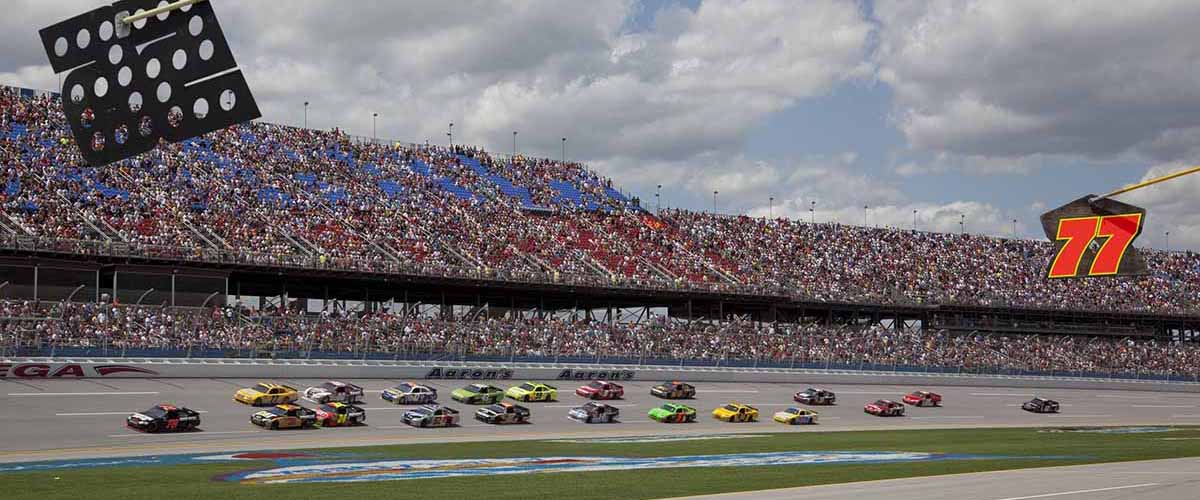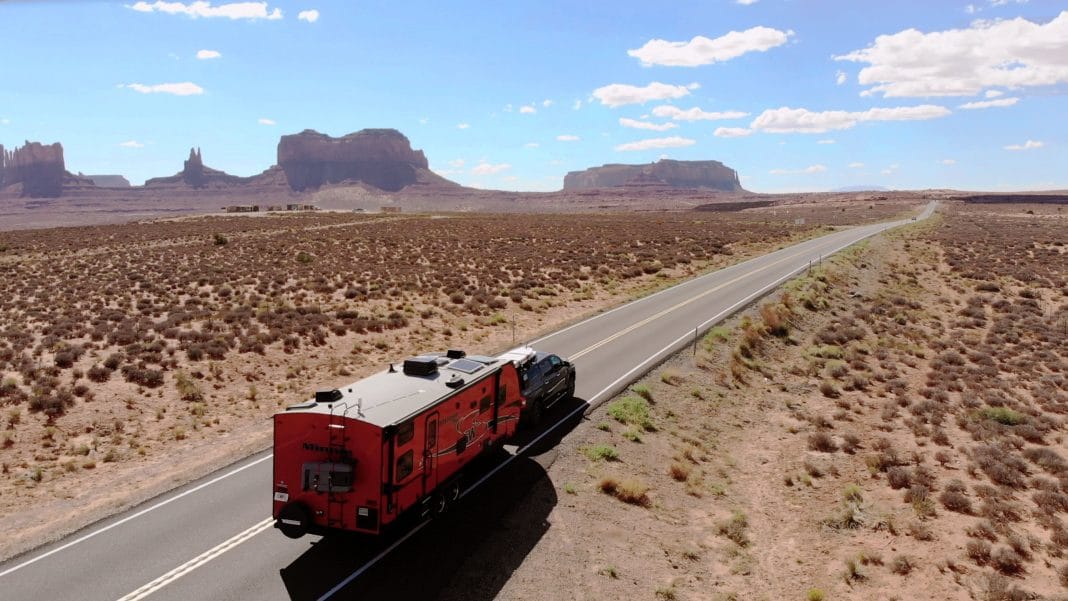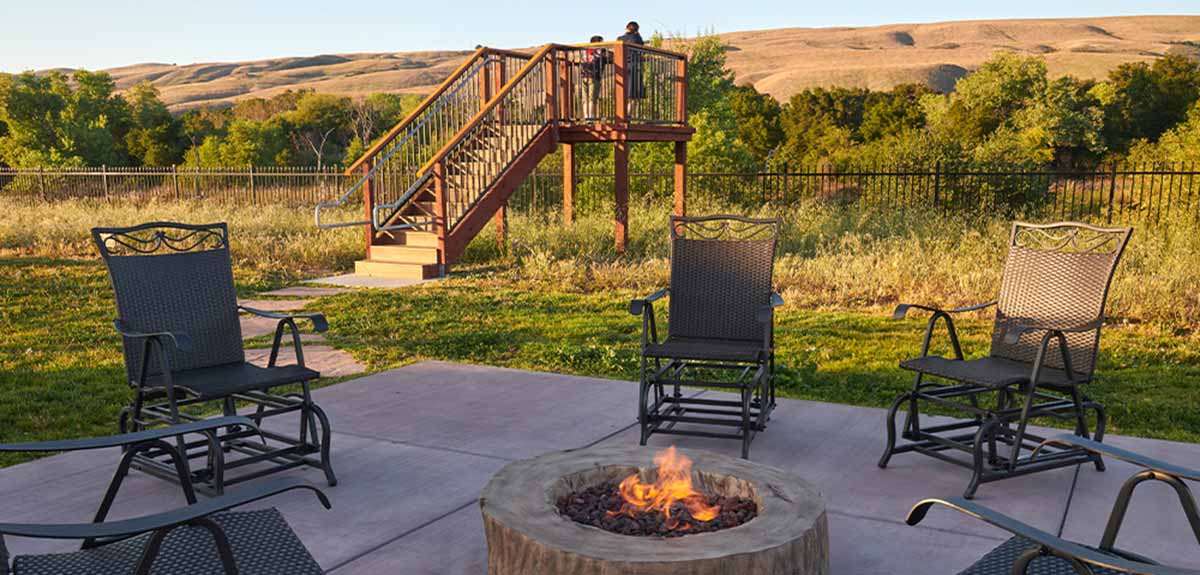The Mental Health Benefits of Being in Nature
Avoid burnout and stay healthy by spending a little time outdoors.
Image Caption: Image source: Unsplash
Burnout is the new baseline. We’re living in a culture of constant alerts, endless tabs, and digital overload. The accompanying anxiety and emotional fatigue are enough to make even the strongest among us want to duck and cover.
The modern mental health crisis is not subtle. The stress of always being ‘on’ causes us an array of psychological issues. Couple that with the general chaos of modern life and you have a recipe for trouble.
That’s why more people are taking to the road, to nature and to camping to re-ground the human connection.
This article explores why road trips, camping, and RVing aren’t merely recreational—they’re healing. See how nature can help if you’ve been feeling off, distracted, or drained.
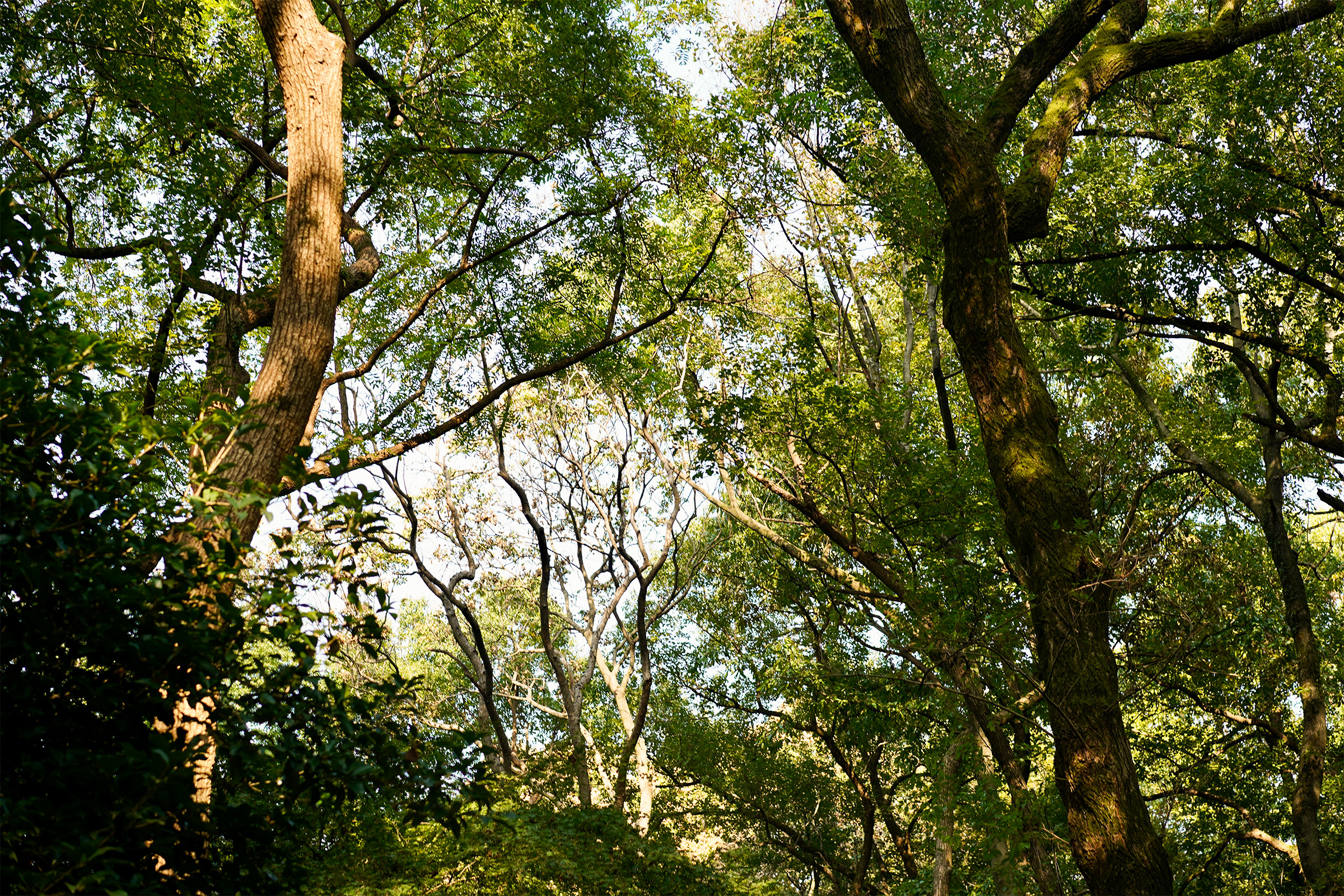
Photo credit: Nachtmusiki Via Unsplash
Why Nature is Medicine for the Mind
Nature doesn’t just feel good. It is good — for your brain, your body, and your mental health. Research continues to show that spending time in natural settings reduces cortisol, the body’s main stress hormone.
When you spend regular time outdoors, you’re likely to get better sleep, lower anxiety, and improved mood.
Practices like forest bathing (or Shinrin-yoku, a Japanese practice of immersive time in the woods) and grounding (walking barefoot on natural surfaces) are known to help reset the nervous system.
Time in nature engages the senses in a way that calms the mind and grounds you in the present moment. Nature also has a way of putting things in perspective. When surrounded by trees older than any inbox or skyline, it becomes easier to unload whatever’s weighing you down.
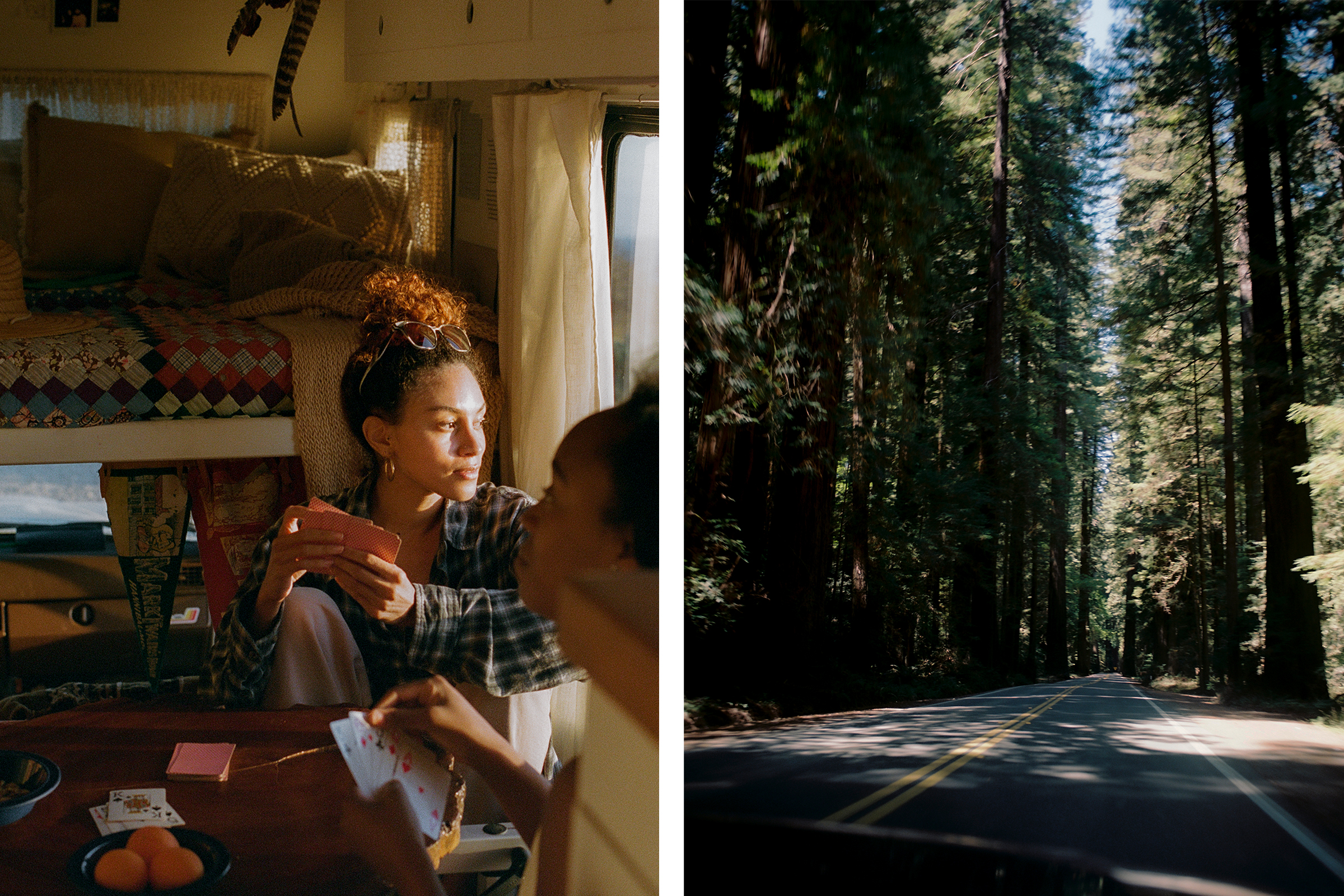
Photo credit: Dominique van Olm
Road Trips Can Improve Mental Wellness
There’s something profoundly freeing about hitting the road with the journey as your agenda. Road trips give you space to think, room to breathe, and the chance to shift your physical environment.
Driving through changing landscapes and exploring new places reignites curiosity. The road is a moving meditation, a place where your mind can wander without productivity pressures. Even the act of planning a trip offers a dopamine boost by giving you something to look forward to.
Be sure to also plot out plenty of nature time on the road to double up on mental health benefits.

Photo credit: Mapodile Via Getty Images
RVing Your Way Into Natural Healing
The mental health benefits of nature are easy to enjoy in an RV. That’s because the RVing lifestyle is about the journey just as much as the destination. It encourages minimalism and an intentional pace of life.
There’s no rush hour, no endless list of errands, no mindless scrolling in line at a coffee shop.
Instead, there’s the rhythm of quiet mornings. There’s the ability to escape into the forest whenever you wish. And there are state and national parks at your fingertips.
All of these ingredients combine to create a recipe for mental health. You have the freedom in an RV or campervan to choose a path that’ll help increase mental energy in your life.
Many who’ve adopted RV life full or part-time say it’s helped them manage anxiety, feel more present, and even reimagine the meaning of happiness.
With fewer distractions and more time spent in natural settings, RVing creates a return to the essentials of simplicity, connection, and peace.
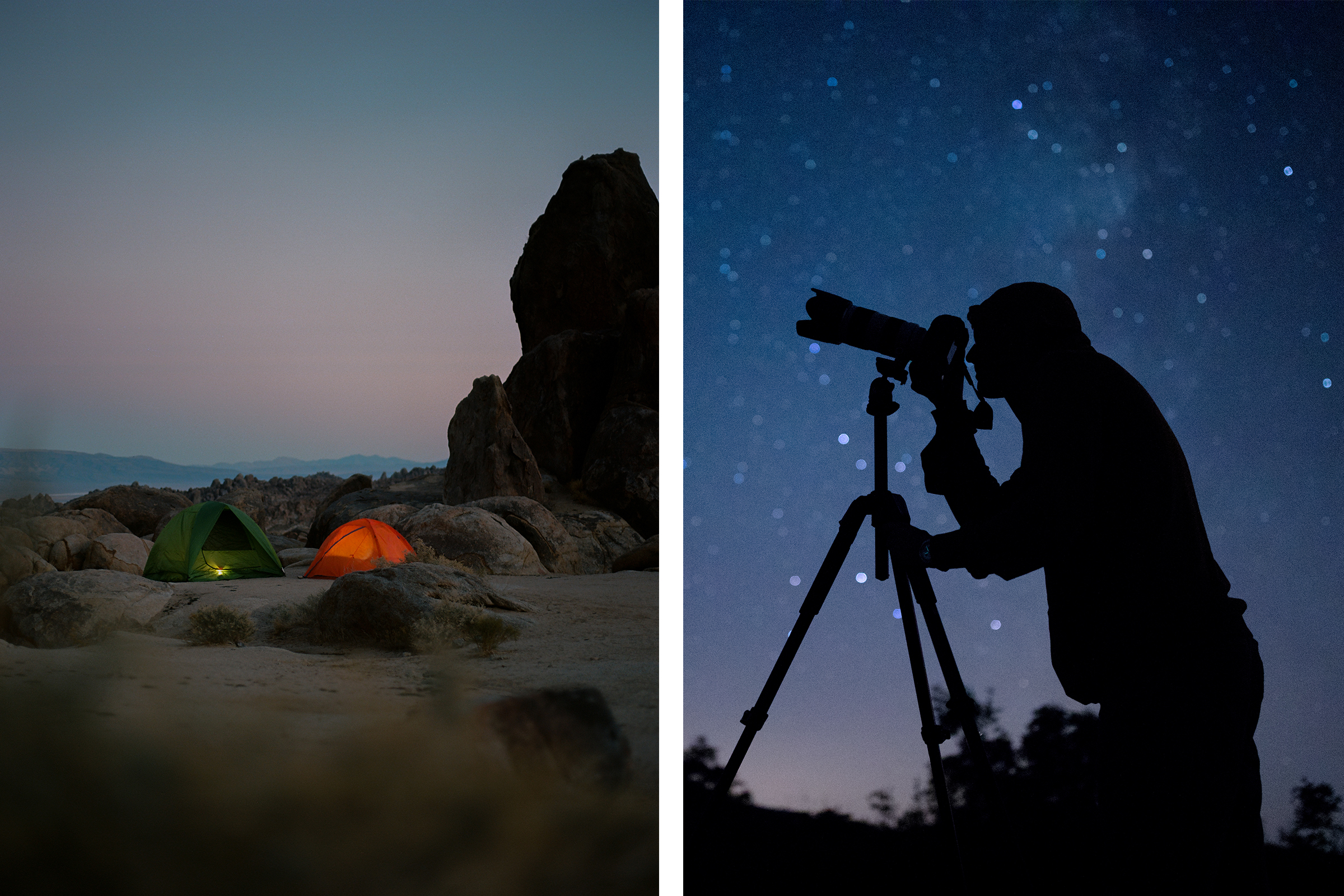
Photo credit: Bojanstory Via Getty Images
Tent Camp To Get The Mental Health Benefits of Nature
Escape the everyday and boost your mental well-being through tent camping. By disconnecting from digital life, you create space for fundamental mental resets.
The simple, hands-on tasks of camp life, like building a fire or cooking outdoors, demand your full attention, creating a specific mindfulness.
This ‘forced’ presence is innately meditative, helping to reduce stress and anxiety. Tent camping can also help regulate your body’s sleep patterns by exposing you to natural light and darkness, leading to deeper and more restorative sleep.
Ditch the endless notifications and screen time for fresh air and stars above. Your mind will truly decompress, leading to improvements in your mental health.
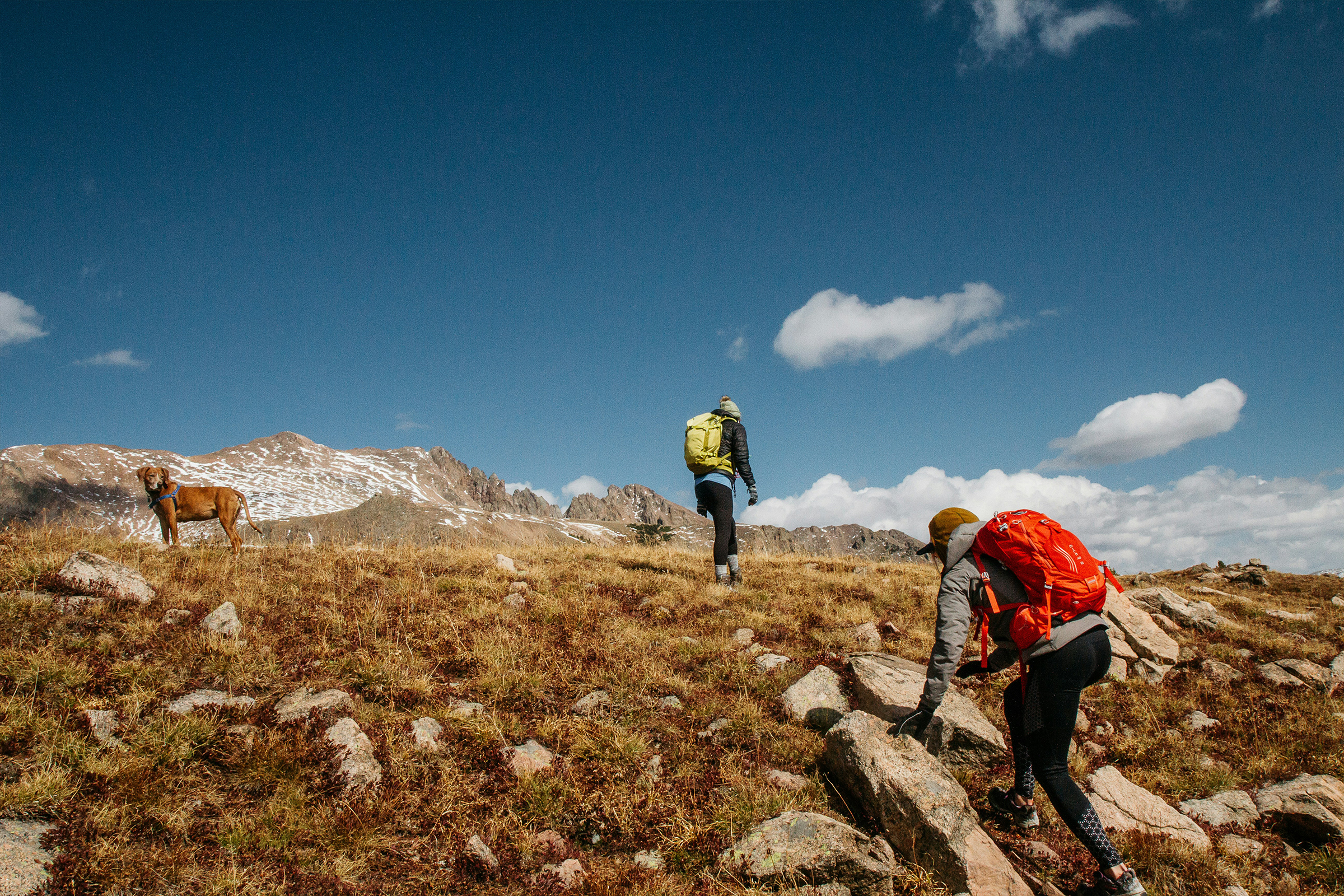
Photo credit: Holly Mandarich Via Unsplash
Nature Combats Anxiety and Depression
There’s a strong link between time outdoors and improved mental health. Nature is proven to reduce symptoms of both anxiety and depression. Some therapists even incorporate outdoor sessions, called ecotherapy or nature therapy, into treatment plans with genuine success.
Compared to time spent on screens, time in nature consistently yields more positive moods, greater feelings of connection, and reduced mental fatigue. And while therapy and medication are vital tools for many, the low-cost, high-impact benefits of regular nature exposure are an often-overlooked complement to traditional care.
You don’t have to go off-grid for a month. Even a weekend in the woods, a day at the beach, or an hour-long hike can provide measurable mental relief.

Photo credit: PeopleImages Via Getty Images
Tips for a Mentally Restorative Outdoor Trip
Not all getaways are created equal. If you want your trip to bring on the mental health benefits of nature, it’s important to be somewhat strategic.
Here are practical tips for mental restoration on your trip:
- Select Your Location Strategically: Prioritize destinations known for their tranquility and natural beauty. Ideal choices include serene forests, uncrowded coastlines, quiet mountain lakes, or isolated desert areas.
- Implement a Digital Detox: Disconnecting from digital devices is crucial. Hard as this may be, put your phone on airplane mode or consider leaving it home. Instead of screen time, consider bringing items that encourage offline engagement, such as a journal, a physical book, or quality walking shoes.
- Assess Your Social Needs: Determine whether solitude or shared experiences are more beneficial for you. Some individuals find mental healing in quiet introspection, while others benefit from connection with others. Plan your trip based on what best supports your mental well-being.
- Prioritize Unstructured Time: The purpose of this trip is not to maximize activities. Instead, focus on creating abundant unscheduled time. This allows for genuine rest, reflection, and opportunities to reconnect with nature.
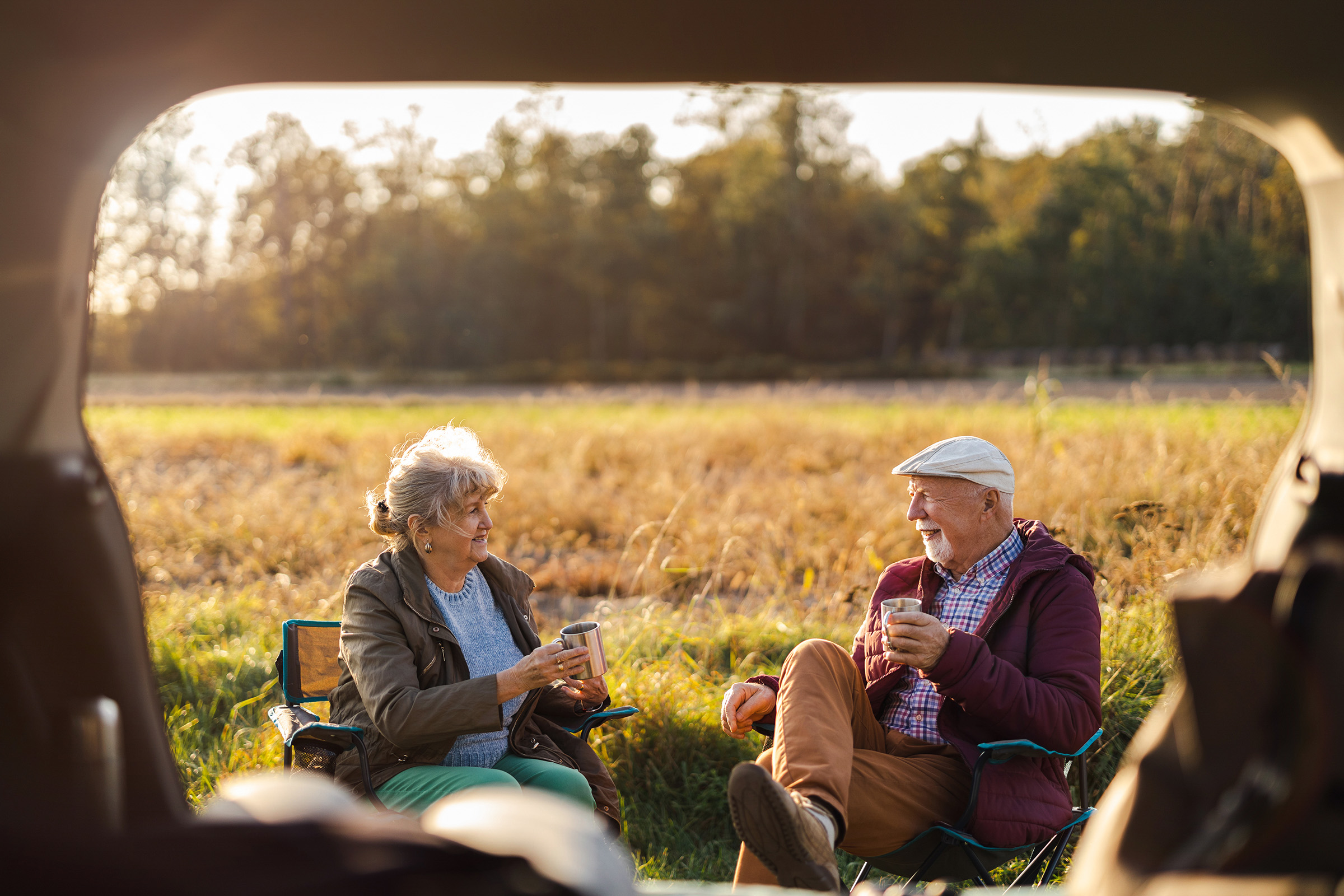
Image source: PIKSEL Via Getty Images
Final Thoughts
We all need time to disconnect in order to reconnect — with nature, with others, and with ourselves. You don’t have to quit your job or go off the grid for six months. You just have to give yourself permission to pause.
A road trip. A night under the stars. A weekend in the woods. Whatever form it takes, the mental health benefits of being in nature are unparalleled.
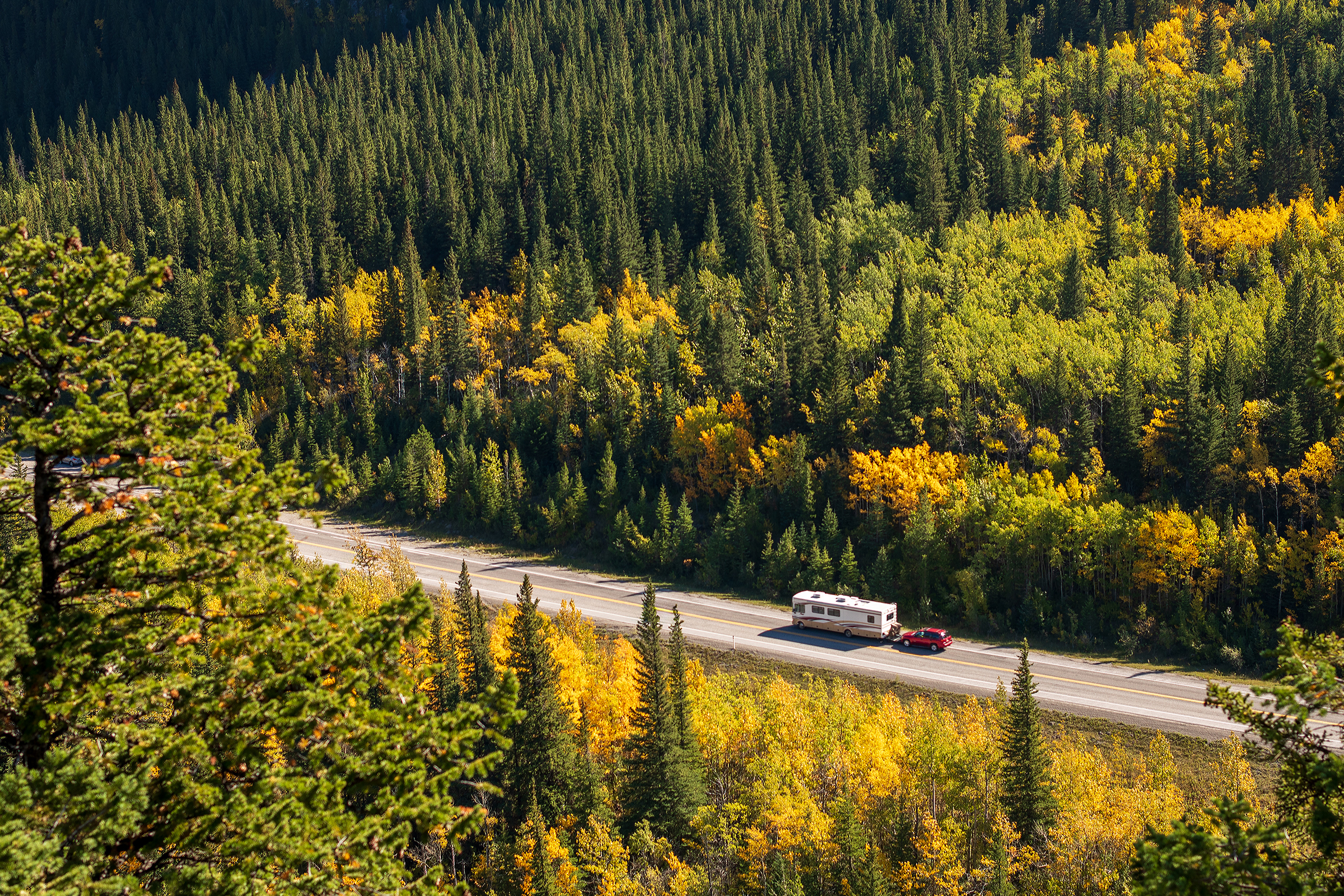
Image source: Tomas Nevesely Via Getty Images

Josh and his wife traveled around the country in an '88 Airstream for 4+ years of full-time RVing. They made an unexpected pitstop in Montana in 2020 and haven't left since. That's because they got hooked on the glamping resort they run by Glacier National Park. Fittingly, they keep up their RVing love by renting out vintage Airstreams and other retro RVs to travelers hitting Montana.



